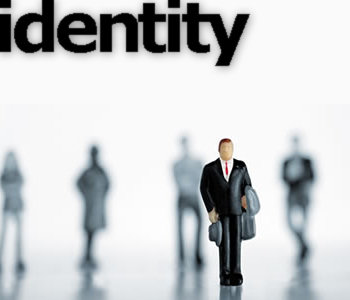Many of the interesting people to talk to and talk about are creative people. They seem to have formed a culture of their own. Creativity begins when a person uses his knowledge, enhances it, and expands on that in an original way. Creative people share many traits and can be described in a lot of ways.
To begin with, creative people are more expressive than the rest. For example, artists express emotions, feelings and unusual thoughts in original and inspiring ways. This means that they are more passionate, admiring, sensitive and spiritual with no limits to their imagination. Creative people tend to break the rules, think differently, and use extreme, outlandish and fresh ideas to create original innovations which shock the audience. In other words, their mentality is different than the rest, whether it is imagination or perspective but they sure know how to think differently in order to create. They have the power to combine the most random concepts and transforming them into a fascinating practical and logical idea. Creative people are curious in general, and pay attention to detail (sometimes with a stronger memory). I don’t think that there is any creative person who is not persistent, dedicated and committed to his work. I believe that creativity by itself is enough to keep a person living his life enthusiastically to develop his ideas further more. They experience and relate to the world in unique ways exploring fresh ideas through unusual approaches. All this leads to the fact that creative people become more confident and unique than the rest.
Many people believe that we are all born creative; others think it is just a talent which only famous artists were gifted with. In either case, creativity is not as common as it used to be. A lot of people are losing their inventiveness. In many cases, it is being pulled away from them or they are being pulled away from it! The question should not be what is stopping creativity, it should be, why should creativity even exist? Honestly, nowadays there is lack of admiration and encouragement which motivate a person to create. In other words, schools, parents, and the society in general don’t seem to appreciate creativity. For example, students don’t get credit for producing something as much as the credit they receive for Acing a math exam. This relates to Sir Ken Robinson's many lectures about how schools are killing creativity. That is true actually because most schools focus on certain dull subjects starting with languages, math, and sciences on the top of their priorities (credits) with least valued ELECTIVE arts and humanities at the bottom. It seems as if the schools are making the students feel that the arts are worthless and won't help them improve in life. So people are not given the opportunity to be creative, because they are constantly being TOLD what to do and who to be whether it is by teachers, parents, media or the government. Why aren't people taught to be creative or at least think on their own?! Moreover, creativity is feared by a lot. First, people are afraid of doing mistakes which seem to be no longer accepted. On the other hand, managers for example, they might feel threatened by creative people because they could unbalance the authority in the workgroup. In other words, group-thinking is more encouraged than original ideas by a certain person. Also, it seems today that people are sooooo overwhelmed and busy with other things which are bombarded towards them such as schools, TV, video games, computers, internet, phones, jobs… so they no longer have time, space, and the mentality to be creative. For example, people in the past (ex: my own parents) had none of our technologies today. This free time inspired them to create their own games, arts, foods, and other healthier forms of fun. They seem to be more creative than the present generation and unfortunately the future ones.
In conclusion, many societies consider creativity a mysterious threat. Therefore people who feel this way discourage and insult those who use their imagination. One popular issue people face is fitting in their society. Now since this society is against uniqueness and originality, then people automatically give up on creativity in order to get accepted by their society. So as sad as it may sound, there is no actual reason for people to be creative anymore.
















